THE HOUSE
ON LEMON STREET
THE GEORGE AND SAKAYE ARATANI NIKKEI IN THE AMERICAS SERIES
The House on Lemon Street is the first book in the George and Sakaye Aratani Nikkei in the Americas Series. This series endeavors to capture the best scholarship available illustrating the evolving nature of contemporary Japanese American culture and community.
THE GOAL OF THE SERIES
This is an occasional series that aims to publish ten to twenty innovative books in Japanese American Studies over the next five years. By stretching the boundaries of the field to the limit (whether at a substantive, theoretical, or comparative level) these books aspire to influence future scholarship in this area specifically, and Asian American Studies, more generally.
THE HOUSE
ON LEMON STREET
JAPANESE PIONEERS AND THE AMERICAN DREAM
MARK HOWLAND RAWITSCH
AFTERWORD BY LANE RYO HIRABAYASHI
UNIVERSITY PRESS OF COLORADO
Boulder
2012 by University Press of Colorado
Published by University Press of Colorado
5589 Arapahoe Avenue, Suite 206C
Boulder, Colorado 80303
All rights reserved
Printed in the United States of America

| The University Press of Colorado is a proud member of the Association of American University Presses. |
The University Press of Colorado is a cooperative publishing enterprise supported, in part, by Adams State College, Colorado State University, Fort Lewis College, Metropolitan State College of Denver, Regis University, University of Colorado, University of Northern Colorado, Utah State University, and Western State College of Colorado.
 This paper meets the requirements of the ANSI/NISO Z39.48-1992 (Permanence of Paper).
This paper meets the requirements of the ANSI/NISO Z39.48-1992 (Permanence of Paper).
Library of Congress Cataloging-in-Publication Data
Rawitsch, Mark Howland, 1950
The house on Lemon Street : Japanese pioneers and the American dream / Mark Howland Rawitsch.
p. cm.
Includes bibliographical references and index.
ISBN 978-1-60732-165-1 (cloth : alk. paper) ISBN 978-1-60732-166-8 (e-book)
1. Harada, Jukichi, 18751944. 2. Harada, Ken, 18811943. 3. Harada, JukichiFamily. 4. Harada,
JukichiTrials, litigation, etc. 5. Japanese AmericansCaliforniaRiversideBiography.
6. ImmigrantsCaliforniaRiversideBiography. 7. Riverside (Calif.)Biography. 8. Riverside
(Calif.)Race relationsHistory20th century. 9. Japanese AmericansCivil rightsCase studies.
10. ImmigrantsCivil rightsUnited StatesCase studies. I. Title.
F869.R6R29 2012
973.04956dc23 2012011912
Design by Daniel Pratt
21 20 19 18 17 16 15 14 13 12 10 9 8 7 6 5 4 3 2 1
This publication was made possible with the support of Naomi, Kathleen, Ken, and Paul Harada, who donated funds in memory of their father, Harold Shigetaka Harada, honoring his quest for justice and civil rights. Additional support for this publication was also provided, in part, by UCLAs Aratani Endowed Chair, as well as Wallace T. Kido, Joel B. Klein, Elizabeth A. Uno, and Rosalind K. Uno.
To
My love and muse, dancer Sandra Joy Metzler
ACKNOWLEDGMENTS
Were it not for Sumi Haradas patience, inventive good humor, and frank assessment of my work, this book would never have been completed. To Sumi and the many members of the extended Harada family who have, over many years, supported my efforts to tell their story, I offer my warmest and most heartfelt appreciation.
In the early years, Mine Harada Kido and Clark Kohei Harada added generously to Sumis stories of Harada family history. Decades later, their youngest brother, Dr. Harold Shigetaka Harada, and his wife, Chiye, helped to gather more family information and research materials. Shig also worked closely with the City of Riverside Harada House Project and many interested friends in Riverside and beyond to ensure public ownership of the Harada House and the Harada Family Archival and Artifact Collections of the Riverside Metropolitan Museum. Shig and Chiyes daughter, Naomi Harada, has served many as a family liaison and has maintained consistent communication with me for more than a decade. Along with her inquisitive menagerie of border collies, Naomi has also become a generous family friend in Northern California. Roy Hashimura worked with nephew Wally Kido, daughter Margo Hashimura Brower, and other family members to provide additional perspectives and oral history interviews. The families of Dr. Masa Atsu Harada and Dr. Yoshizo Harada have also provided essential information and support. Numerous Harada descendants and their families, including Rosalind Kido Uno, Kathleen Harada, Rosemary Hayashi, Dr. Kimi Klein, Dr. Ken Harada, Paul Harada, Warren and Patty Harada, Lily Ann Inouye, and Dr. Valerie Harada, offered additional support, information, referrals, or their personal perspectives about family history. Valerie, great-granddaughter of Jukichi and Ken Harada, obtained the previously unknown Harada and Indo family koseki records with help from hosts in Aichi prefecture during a trip to Japan. Joel Klein, Dr. Judy Seto, Terry Glazier, Dr. Alvin Hayashi, Jane Harada, and Dr. Don Harada also provided support to other family members as we worked together on family history research and the preservation of the landmark Harada House and family collections.
Ever since we began this project in the 1970s, a large community of supporters has been working with the City of Riverside to ensure the preservation and interpretation of the National Historic Landmark Harada House. Staff past and present at the Riverside Metropolitan Museumincluding current staff Ennette Morton, director; Dr. Brenda Buller Focht, museum curator of collections and exhibitions; Kevin Hallaran, archivist; Lynn Voorheis, museum curator of historic structures and collections; and Teresa Woodard, curator of educationcontinue their enthusiastic professional and personal dedication to the project. Former museum staff involved with the project included Denise Brennan, Allison Campbell, Dana Neitzel, Ron Pidot, Warren Schweitzer, Wendy Sparks, John Wear, and museum directors Dr. H. Vincent Moses, Richard Esparza, and Charles Hice.
Other key contributors to the early success of my research include Dr. Ronald Tobey and the Department of History at the University of California, Riverside; Dr. Edna Bonacich and Dr. Morrison Wong, co-advisors for the Japanese Americans in Riverside Research Project; the members of the Riverside Chapter of the Japanese American Citizens League; the City of Riverside Cultural Heritage Board; the National Endowment for the Humanities; the dean of the College of Humanities and Social Sciences, University of California, Riverside; columnist Harry Honda of the Pacific Citizen newspaper, Japanese American Citizens League; and the staff at the California Office of Historic Preservation.
The Harada House National Historic Landmark Ad Hoc Advisory Council of the City of Riversideincluding Naomi Harada, selected staff from the Riverside Metropolitan Museum mentioned above, Dr. Anthea Hartig, Dr. Knox Mellon, Eugene Itogawa, Peyton Hall, Dr. Lane Ryo Hirabayashi, Elaine Jackson-Retonda, Venita Jorgensen, Irene Ogata, Malcolm Margolin, Erin Gettis, Janet Hansen, former members David Look and Tonya Sorrel, and the authorhave continued to develop long-range plans for the project.


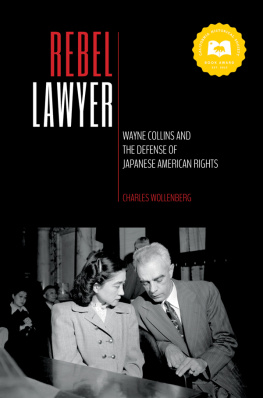
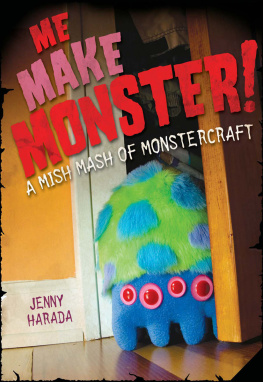
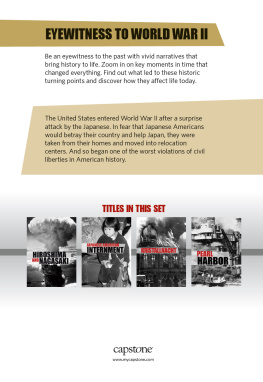

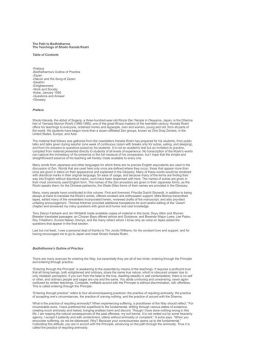
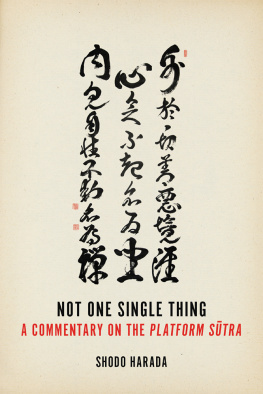

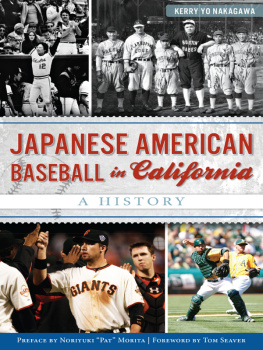
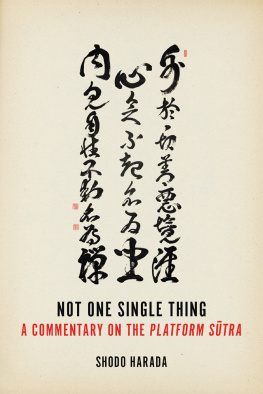


 This paper meets the requirements of the ANSI/NISO Z39.48-1992 (Permanence of Paper).
This paper meets the requirements of the ANSI/NISO Z39.48-1992 (Permanence of Paper).